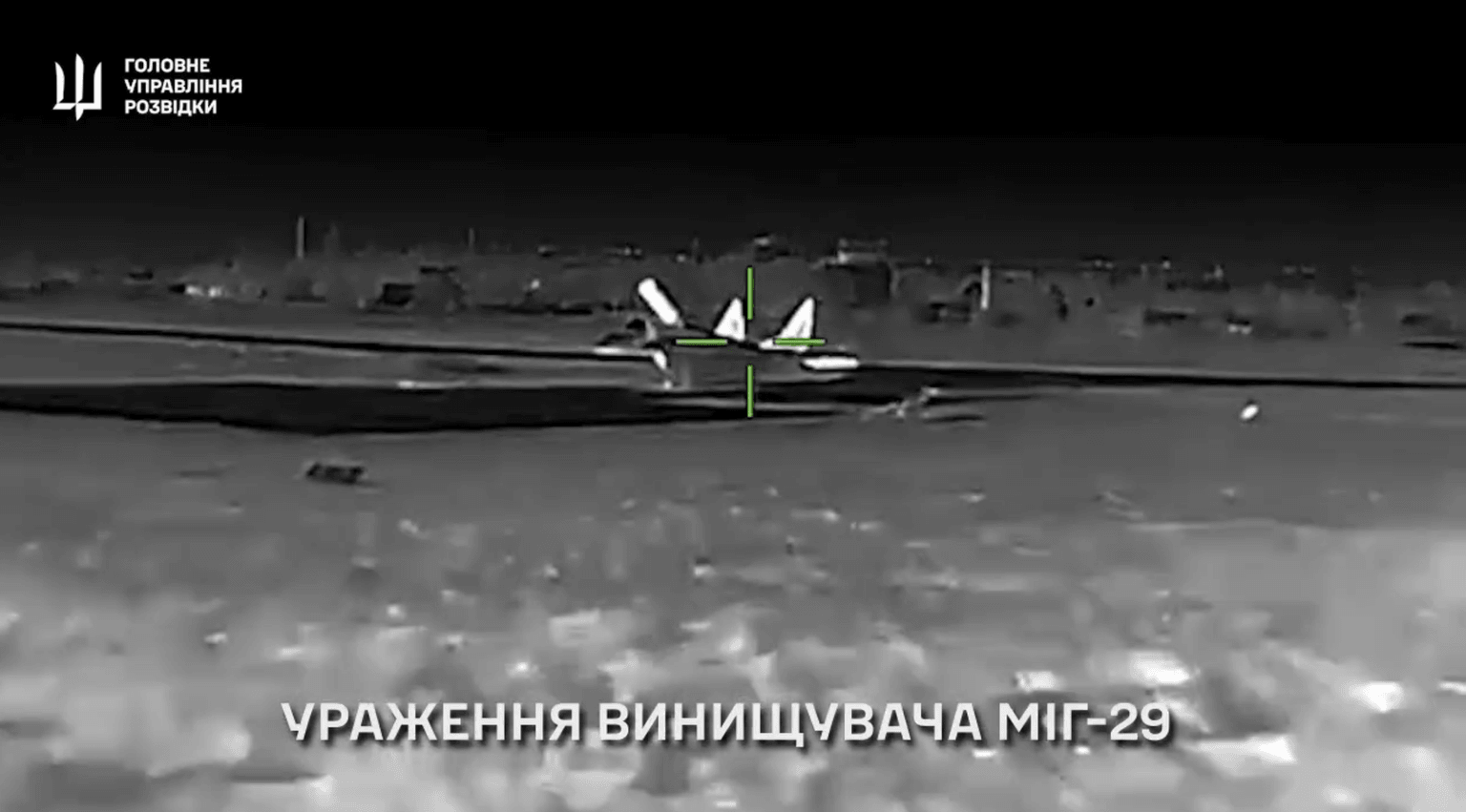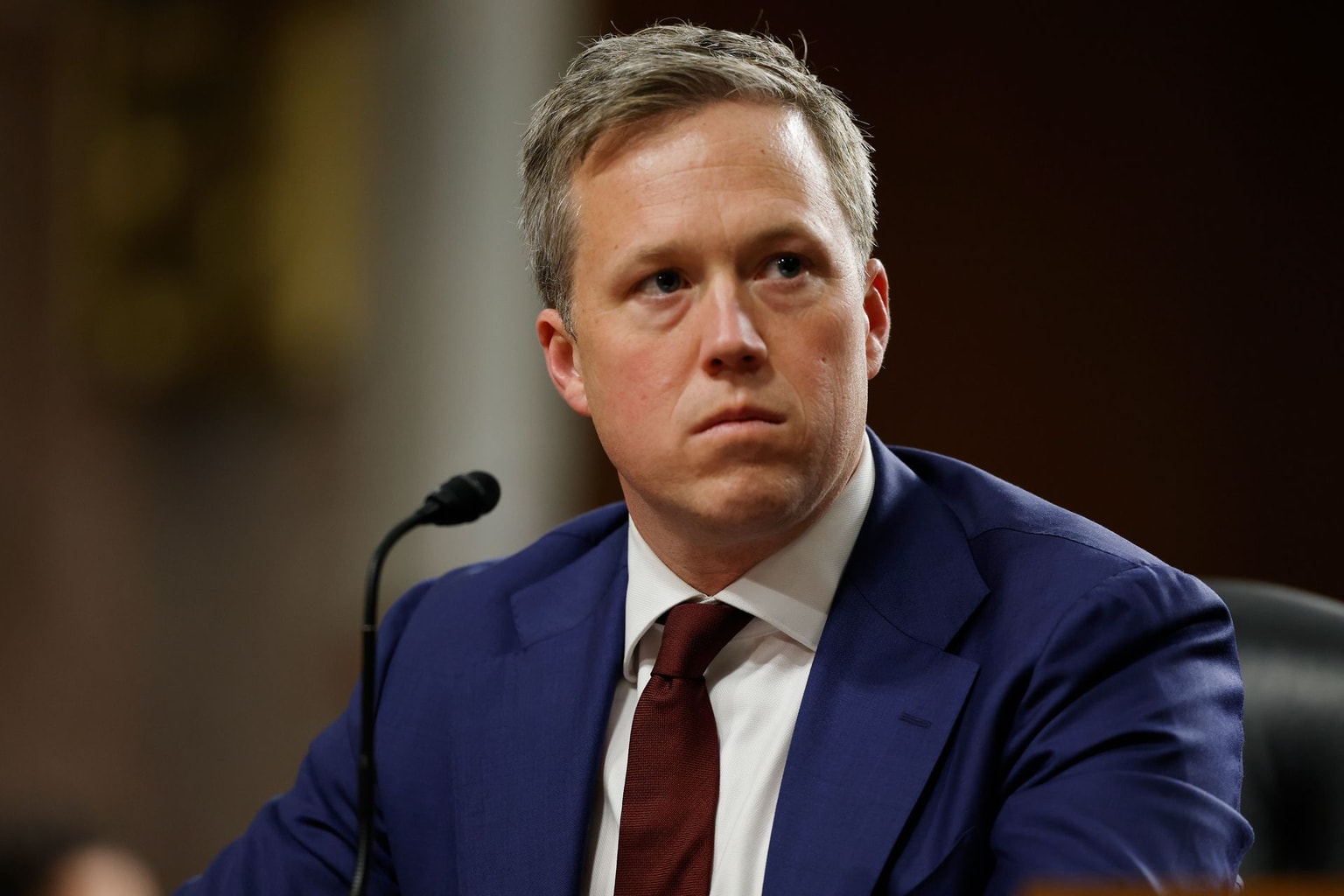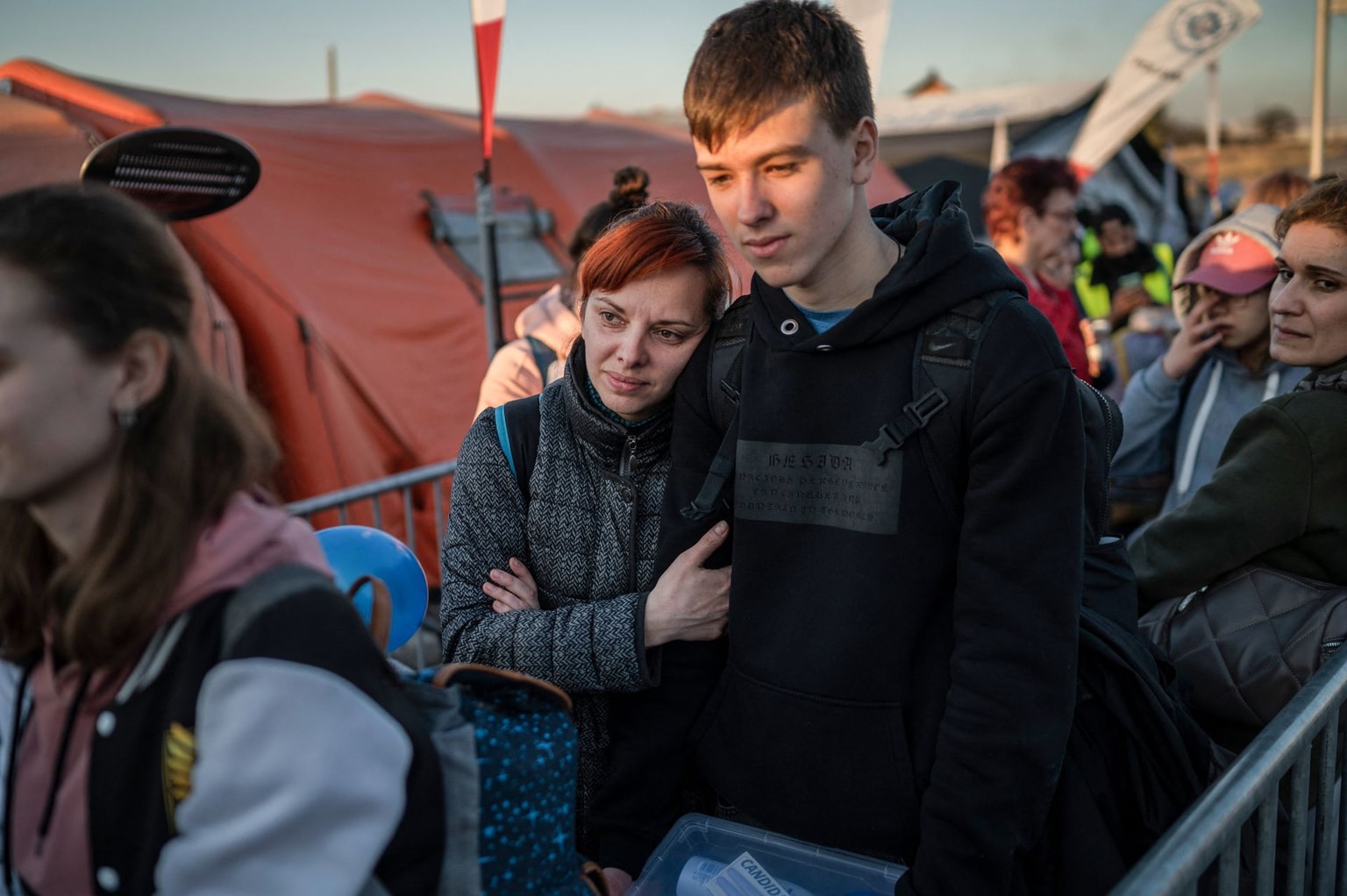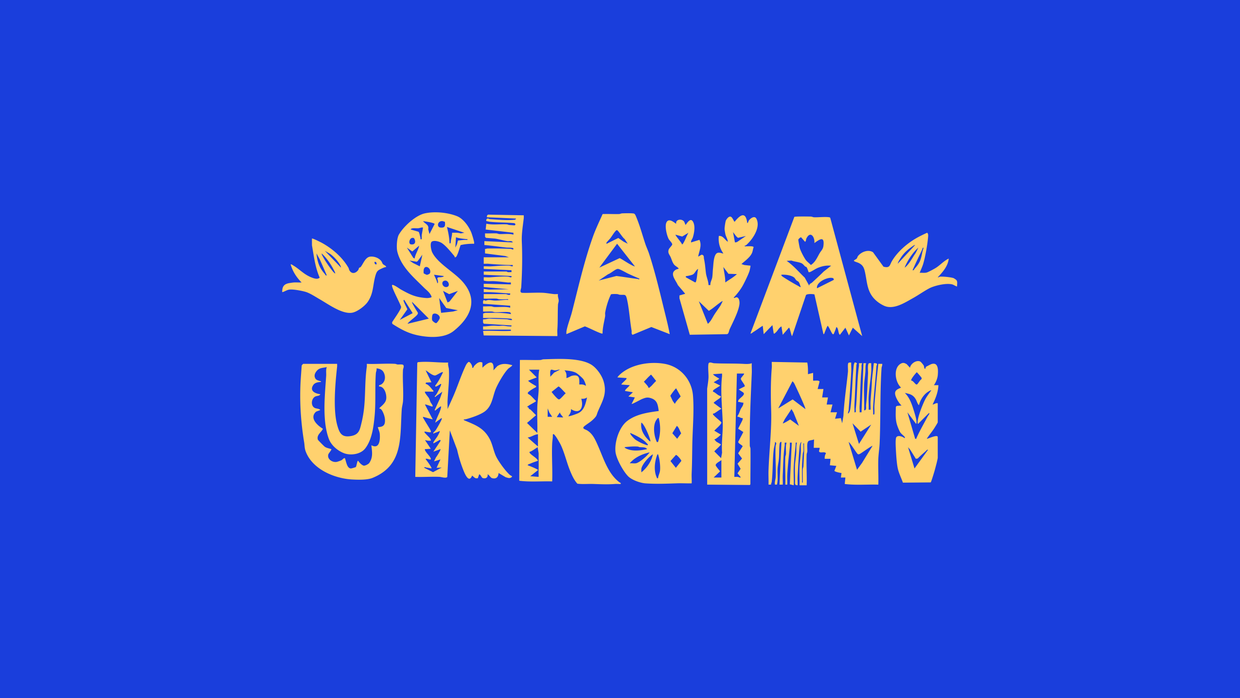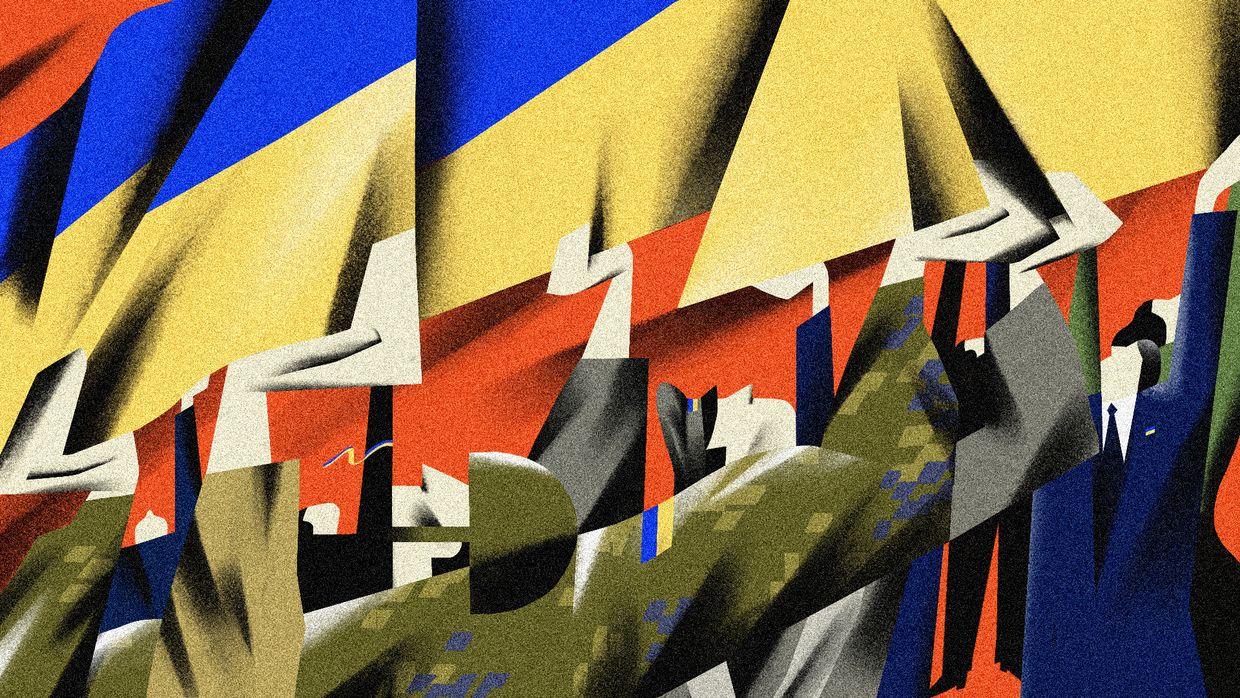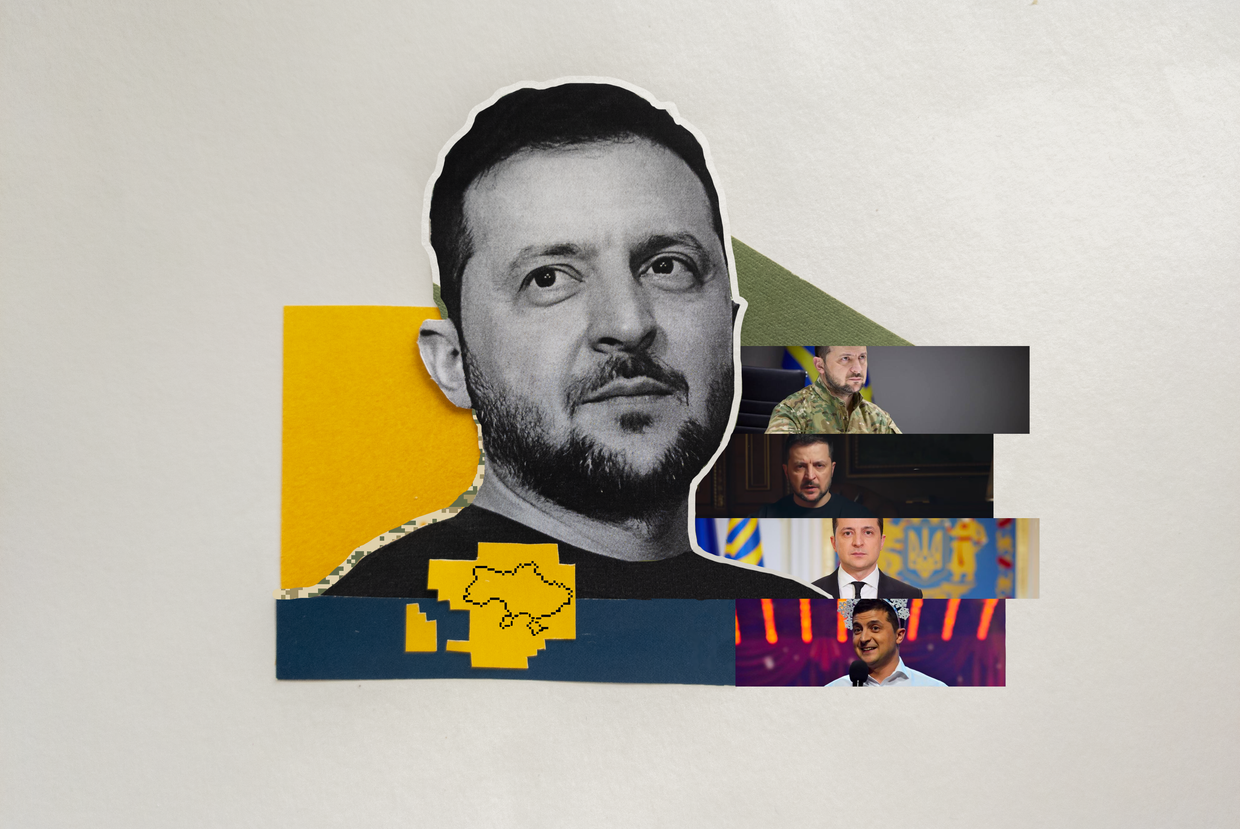Ukraine news
More from War
News Feed
Exclusive: Finnish president warns Europe that US likely talked with Russia while negotiating with Ukraine
The discussion reflected growing concern in European capitals over Washington's posture as the latest peace push moves forward.

US Congress has the power to help Ukraine. It’s time to use it
About the author: Gregory P. Wilson is a consultant, author, and former Deputy Assistant Secretary of the U.S. Department of the Treasury. Oct. 24 is not a memorable date, but it was an important moment for Ukraine in the United States. As the latest round of so-called “peace” negotiations flounders due to Russia’s intransigence, Kyiv is facing a significant financing gap to bolster its economy and defend its land from Russian President Vladimir Putin’s illegal aggression and nightly terror ca

Anti-graft agency detective, investigating Ukraine's largest corruption scandal, released from custody
The Kyiv Appeals Court ordered on Dec. 3 the release of Ruslan Mahamedrasulov, a detective with Ukraine’s National Anti-Corruption Bureau (NABU), who had been investigating the country's largest corruption case involving the state-run nuclear power monopoly Energoatom.

Ukraine merges military procurement agencies, defying previous NATO advice
Ukraine’s lethal and non-lethal military equipment procurement agencies will merge into one under the Defense Ministry from Jan. 1, going against NATO’s recommendations last year and raising eyebrows among anti-corruption activists.

'The key to ending the war is in Brussels' — Ukrainians react to Belgium's Russian asset loan opposition
Ukrainians say that Belgium's Prime Minister Bart de Wever holds the key to Russia's defeat, after he said that Russia's loss in Ukraine was a "total illusion." De Wever was speaking in an interview with Belgian newspaper La Libre on Dec. 2, the day before the European Commission announced a "reparations loan," a plan that could lend up to 210 billion euros in immobilized Russian central bank reserves to Kyiv. "But who really believes that Russia will lose in Ukraine? It's a fairy tale, a tota
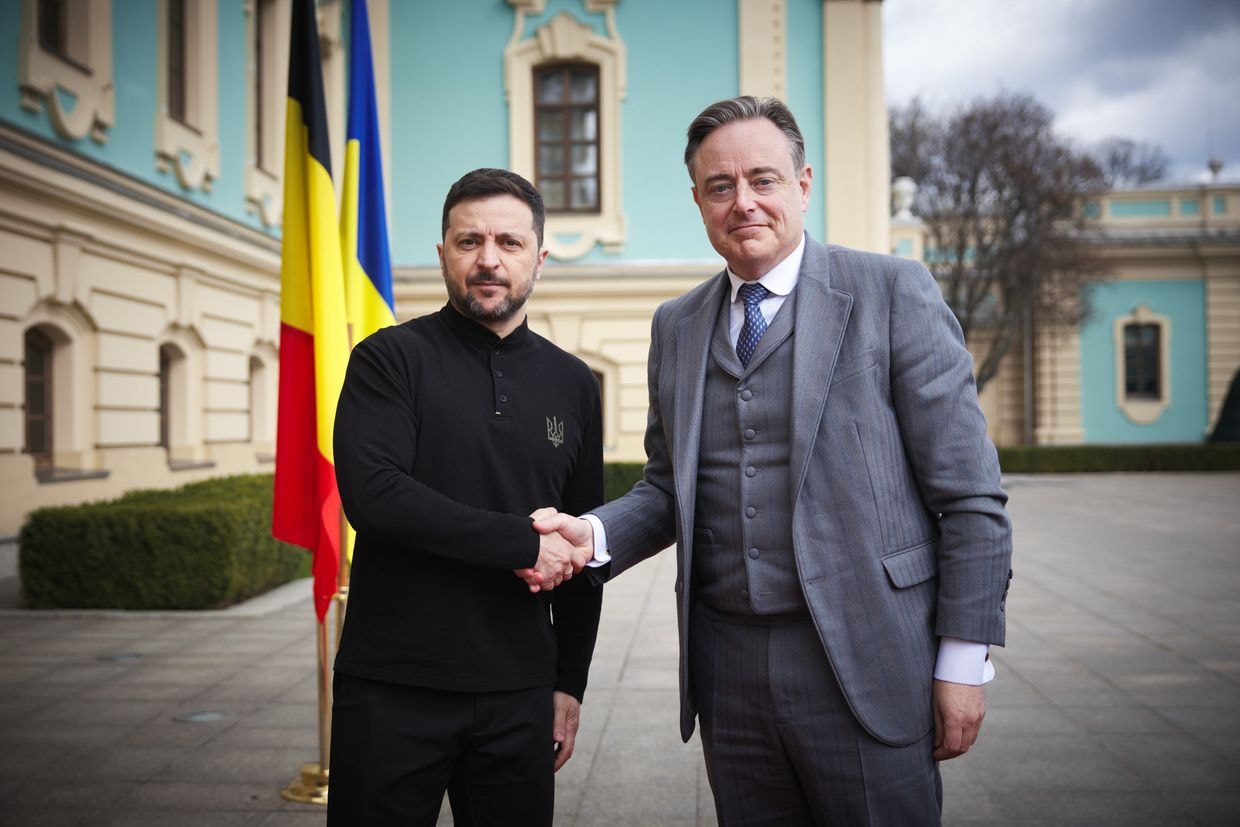
7 Ukrainian children abducted to Russia returned in initiative backed by Melania Trump
Seven more Ukrainian children taken to Russia have been returned to their families, U.S. first lady Melania Trump said.

About Ukraine
The Kyiv Independent delivers reliable news, context, and on-the-ground reporting from Ukraine. The largest country located entirely in Europe, Ukrainian territory covers 603,628 square kilometers (233,062 square miles), and is bordered by bordered by seven countries, namely Russia, Belarus, Poland, Slovakia, Hungary, Romania, and Moldova. Ukraine traces its history back to the medieval state of Kyivan Rus.
Most Popular
"The Russian oil network... will continue to explode and burn," a source told the Kyiv Independent.
